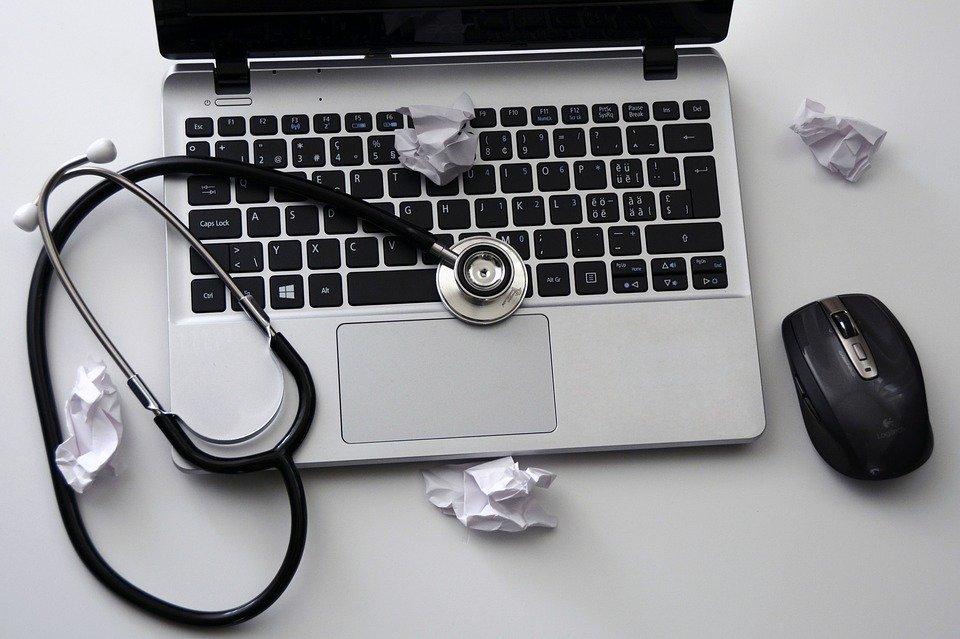The technological breakthroughs in the field of healthcare have had a massive impact on the quality of services. Today, aside from doctors and nurses, many other occupations also make a difference in patients’ lives. No wonder how hundreds of patients visit healthcare facilities require a series of records for all the treatments, procedures, and billings. For this reason, the field of medical coding is growing at a much faster rate today, now more than ever.
Medical coders are responsible for the maintenance of health records. These coders enter the patients’ data and information in the Electronic Health Records (EHR). It comes in handy to track health status outcomes, managing the medical center database, and obtaining medical reimbursements from insurance companies or service providers.
Do you think medical coding is the right career path for you? Then read on to understand what education and skills you must procure to perform your job effectively:
REQUIRED EDUCATION
Completing a high school diploma or GED holds no value when becoming a medical coder for any employer. So it would be best if you acquired a bachelor’s or master’s degree to increase your employability chance. Gaining a certification or associate’s degree can help you advance in your career as a medical coder. Are you finding it challenging to take certification because of your busy schedule? Then, pursuing online medical coding courses might be the most rewarding option. Most certification courses include the study of anatomy, physiology, medical procedure, and reimbursement methods.
REQUIRED SKILLS
The following are some of the must-have skills to pursue a career in medical coding:
1. Organization Skills
Medical coders must have high organization skills to manage all the data from various sources systematically. You should have the ability to provide medical records quickly rather than shuffling around. Aside from sorting out information for your ease, coders sometimes need to recollect and present it to others. There might be times when a patient or any insurance firm calls for asking different services. Or medical coders might want to track the expenses of a patient and the pending balance. In such a case, keeping them organized will save them from the hassle and not make a person lose mind.
2. Attention To Detail
Being detail-oriented is one of the most critical skills for any individual. Allocating improper alphanumeric codes to various diagnostic medical procedures can be a real problem for health professionals and patients.
Other than the issuance of bills and registration of the payment, medical coders need to ensure that each payment detail corresponds to the record fed into the system. If they find any information that does not match, they would have to consult with the insurance firms. In most cases, such disparities occur when there is any human-made error. Either the medical coder forgets to input correct data or jot down incorrect details. Overlooking such minor yet essential information can lead to significant damage to revenue.
3. Communication Skills
Although medical coders’ duties do not involve dealing with patients, still excellent communication skills are necessary for coding individuals to become successful. You might have to get in touch with doctors, nurses, surgeons, or other healthcare professionals on any regular day to discuss important stuff. Therefore, maintaining a professional tone in your accent and listening intently to what others say is essential. Along with this, you should also focus on non-verbal communication. Make sure you know how to write reports and prepare grammatically correct memos.
4. Computer Skills
Coding isn’t possible without sound computer knowledge. You will be using different software programs to enter data and diagnosis codes, so you should be efficient enough to navigate them. Some of the software include AdvancedMD, Epic, Homecare, DrChrono, Homebase, Centricity, Nextivity, and many others. In addition to it, you should have fast and accurate typing skills, especially 10-key speed.
5. Work Independently
One good thing about making a career in this field is you will be given full autonomy in your work. You can manage your workload without any supervision. Therefore, you should be able to carry out daily tasks proactively. You have to eliminate any distractions that can affect your work quality, such as social media or not work-related emails. Though you will not be receiving much external feedback, you should self-evaluate the quality and quantity of your work frequently. In this manner, you can maintain good performance every day.
6. Understand Medical Terminologies
Although your job role doesn’t require you to work with needles and patients’ treatments, you still need extensive knowledge about medical terms. You must have an in-depth understanding of autonomy, physiology, pharmacology, and disease process like any healthcare practitioner. By gaining comprehensive know-how in medical terms, you will assign procedural and diagnostic codes to the medical terminologies. There is a wide range of diseases worldwide. As a medical coder, you must have sufficient knowledge to assign specific codes to each of them. Since the healthcare system is frequently updating these codes, you must stay abreast of the latest medical advancements. It will help you to communicate effectively with health staff, patients, and insurance companies.
CONCLUSION
If you wish to use the latest technologies and espouse for the patients, medical coding is a perfect choice. It is important to note that this profession isn’t just for everybody; it takes a lot of hard work and training to be a part of it. Although these skills might seem a bit too much, remember even if you have a firm grip on some of these and keep learning others, you can progress into this career. Now, do you think you have got what it takes to be a medical coder?




